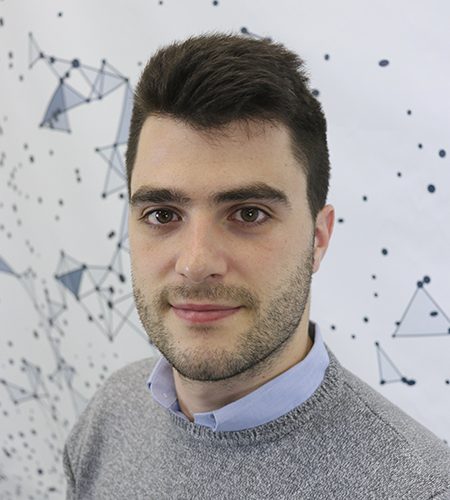IMDEA Networks

Transmitter localization with crowdsourced low-cost SDR based sensor networks

Yago Lizarribar, PhD Student at IMDEA Networks Institute, Madrid, Spain
In-house Presentation
The popularity of wireless communications is growing every year and with it the possibility of threats in the electromagnetic spectrum increases. One of the key aspects to stop these attacks is to be able to localize where the threat is coming from. Current commercial products make use of expensive hardware and GPS-based synchronization techniques to perform geolocation.
In this talk, we propose a network architecture based on low-cost, GPS-free Software-Defined Radio (SDR) receivers that localizes a signal transmitter in a collaborative manner. We perform evaluations on different components of the architecture such as receiver imperfection correction, reference signals and multilateration approaches. Our results indicate that signal transmitter localization is feasible with the architecture proposed even using low-cost radio receivers.
About Yago Lizarribar
Yago Lizarribar is a PhD Student at the Pervasive Wireless Systems group at the IMDEA Networks Institute. He obtained his BSc and MSc in Engineering (University of Navarra) in 2016 and 2018 respectively, as well as an MSc in Telematics Engineering (UC3M) in 2020. From 2017 to 2019, he also was a research intern at the MIT Media Lab’s City Science group working on lightweight autonomous vehicles and swarm robotics. His work at IMDEA Networks is now focused on IoT and Large Spectrum monitoring and is a core developer of the Electrosense initiative.
This event will be conducted in English

